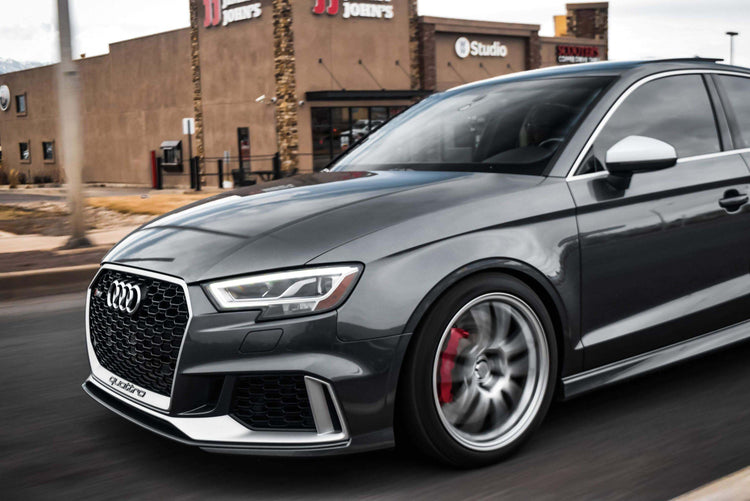When it comes to selecting the right material for engine pistons, alloy 2168 and alloy 4032 are two of the most commonly used materials. But which one is better? Knowing the differences between the two and their respective pros and cons can help you decide which material is right for your application.
Alloy 2168 is an aluminum-silicon alloy that is used for engine pistons and other automotive components. It is lightweight, durable, and resistant to wear and corrosion. Additionally, alloy 2168 offers excellent machinability and thermal conductivity. This makes it an ideal choice for engine components that need to dissipate heat quickly.
Alloy 4032 is an aluminum-silicon-magnesium alloy that is also used for engine pistons and other automotive components. It is much stronger than alloy 2168, but it is also more brittle and prone to cracking. Alloy 4032 is heat-resistant, making it ideal for high-performance engines, but it is not as machinable and its thermal conductivity is not as good as alloy 2168.
For most applications, alloy 2168 is the better choice. It offers good machining and thermal conductivity, and excellent durability and wear resistance. Its lighter weight also makes it easier to handle and install.
However, if you’re looking for a stronger material for high-performance engines, alloy 4032 is the better choice. Its strength and heat resistance make it ideal for engine parts that need to withstand extreme temperatures. Its downside is that it is more brittle and it’s machining and thermal conductivity are not as good as alloy 2168.
In summary, alloy 2168 is the better choice for most engine pistons and other automotive components. Its lightweight and excellent wear and corrosion resistance make it the preferred material for most applications. However, for high-performance engines, alloy 4032 might be the better choice due to its superior strength and heat resistance.

